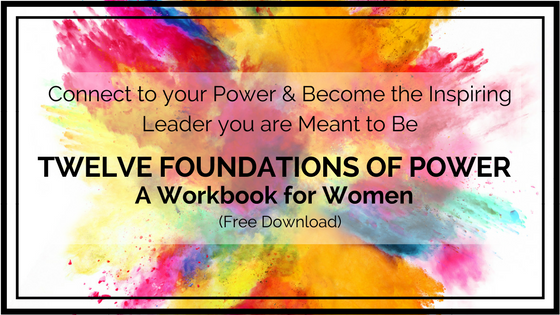Maybe you are someone whose stress levels have not actually gone up in the last weeks. If that’s you, that’s wonderful! For, me, though I don’t overly have reasons for my anxiety and nervousness to increase, I have still been feeling this at times. At times I wonder whether it is even my anxiety that I am experiencing or whether it is more my picking up on a sense of collective angst; an increase in the overall level of tension in society at the difficulty of less contact with others and the uncertainty of the future that every single one of us is facing. Either way, it doesn’t really matter. What does matter is that I do my utmost to keep my own system regulated, calm and vibrant. Here are two reasons why a movement practice is a powerful tool to do exactly this.
Emotional Resilience: The Most Essential Skill of the Decade
Out in the world of our day-to-day lives, our lack of skill at meeting discomfort - our lack of emotional resilience - shows up as anxiety, irritation, passive aggressive conversations, inertia. It shows up as resentments against that person who didn’t do what we wanted them to, unproductive meetings and dialogues that we are half present for and a thousand other unpleasant, un-constructive situations.
What difference would it make for your team or workplace if you and they had the information, support and structure to become truly emotionally resilient? How much less energy would get wasted on conflict, upset, anger, anxiety and frustration? How much more FUN do you think your staff could have? What would you be able to achieve together?
Read on to find out more about what the core of emotional resilience is, why it is essential and how you can begin to develop it.
The Three Foundations of Emotional Resilience
Why Optimal Team Performance Depends on Developing Somatic Intelligence
As ongoing research emerges looking more closely at how human beings perceive, think and act we are learning that these systems - of perception, thought, decision-making, action - are utterly interconnected with our felt (embodied) experience.
Writers, researchers and trainers leading the field of organizational health and leadership are putting the pieces together for how these new understandings inform and enhance team and leadership development. One of the bold new statements emerging is that not only do we need to consider and include our emotional selves in these processes but that the sensory component of feeling (AKA somatic intelligence) is a key part of this. Developing it can support you and your team to be in more enjoyable, functional (profitable) states more of the time.





